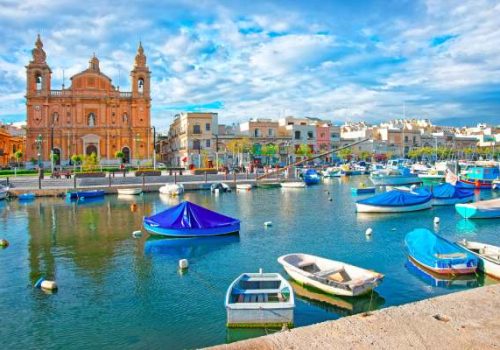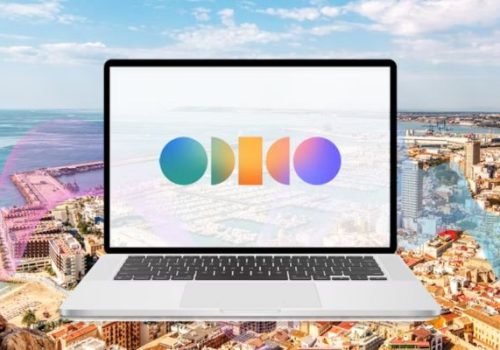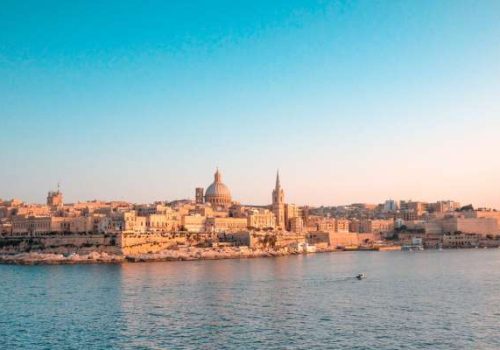Live and work in Milan
Latest jobs in Milan and Italy
We can’t find any jobs that match your search. Below you will find some of our most popular working abroad positions!
- Hotel jobs, Tourism
- Cyprus, Greece, Spain
- Customer support
- Portugal
- Customer support
- Spain
- Adventure jobs, Hotel jobs, Tourism
- Bulgaria, Croatia, Egypt, Greece, Italy, Spain, Turkey
- Customer support
- Malta
Working in Milan
Working Conditions in Milan
Working in Milan typically involves a structured work schedule similar to those in major European capitals. Most businesses operate from 9 am to 6 pm with a lunch break, though Italian work culture also values work-life balance, allowing employees to maintain a fulfilling personal life. Unlike Rome’s more laid-back approach, Milan’s working environment is fast-paced and productivity-driven, often compared to London or Paris for its competitive business atmosphere.
Italy’s labor laws offer strong protections, ensuring a standard 40-hour work week and a mandatory minimum of 20 days of paid annual leave. Public holidays are also generous, with about 12 national holidays observed each year. Milanese businesses close for major holidays like Easter, Christmas, and Italy’s Ferragosto holiday in mid-August, which often results in the city slowing down considerably, with many locals taking extended vacations.
Working Opportunities for Expats in Milan
As Italy’s economic powerhouse, Milan offers a wide array of career opportunities across finance, fashion, design, technology, and academia. Expats with backgrounds in finance will find Milan’s financial district, anchored by Piazza Affari (Italy’s stock exchange), filled with banks, investment firms, and multinational corporations. High demand for finance and business professionals places Milan on par with cities like Frankfurt or Zurich in terms of available opportunities and industry relevance.
Milan is also the world’s fashion and design capital, home to brands like Prada, Armani, and Versace. For those with expertise in fashion, marketing, or design, Milan is a top destination offering unique career opportunities. Events like Milan Fashion Week attract international talent, making it a bustling scene for networking and exposure. The city’s tech scene is also growing, with a focus on digital transformation and start-ups, providing opportunities for IT specialists and software developers.
Knowledge of Italian is beneficial for job seekers, although many multinational companies operate in English, particularly in finance and technology. International schools and English language academies also offer teaching positions, with demand high among Milan’s international community. For expats seeking work outside these sectors, freelancing or remote work is increasingly common, especially with Milan’s extensive co-working spaces and start-up incubators.
Salaries in Milan
Salaries in Milan are among the highest in Italy, reflecting the city’s position as a financial and industrial center. The average monthly salary in Milan is around €2,500, with skilled professionals in finance, tech, and engineering often earning between €3,500 and €5,500. While this is lower than salaries in Munich or Stockholm, the comparatively lower cost of living in certain areas outside the city center helps make Milan more accessible for expats.
Fashion and creative roles may have lower starting salaries, typically between €1,800 and €3,000, but the chance to work with prestigious brands often draws many expats in these fields. While annual bonuses are not as common in Italy as in countries like Germany or the Netherlands, some sectors, especially finance, may still offer performance-based bonuses.
Income Tax in Milan
Italy’s income tax system is progressive, with rates ranging from 23% to 43% depending on earnings. In addition, regional and municipal taxes apply, adding an extra 1-3% in Milan. Expats working in Italy are required to register with the Agenzia delle Entrate and file annual tax returns. For those living in Italy for over 183 days a year, taxes are also applicable on global income, though Italy’s tax treaties with various countries help avoid double taxation.
Social security contributions cover healthcare, pensions, and other social benefits, typically amounting to around 9-10% of gross income. Despite the relatively high tax rate, Italy’s national healthcare system and other public services are highly regarded, contributing to a high quality of life. Compared to Paris or London, where healthcare costs can be significant, Milan’s public healthcare system offers expats affordable and accessible medical services.
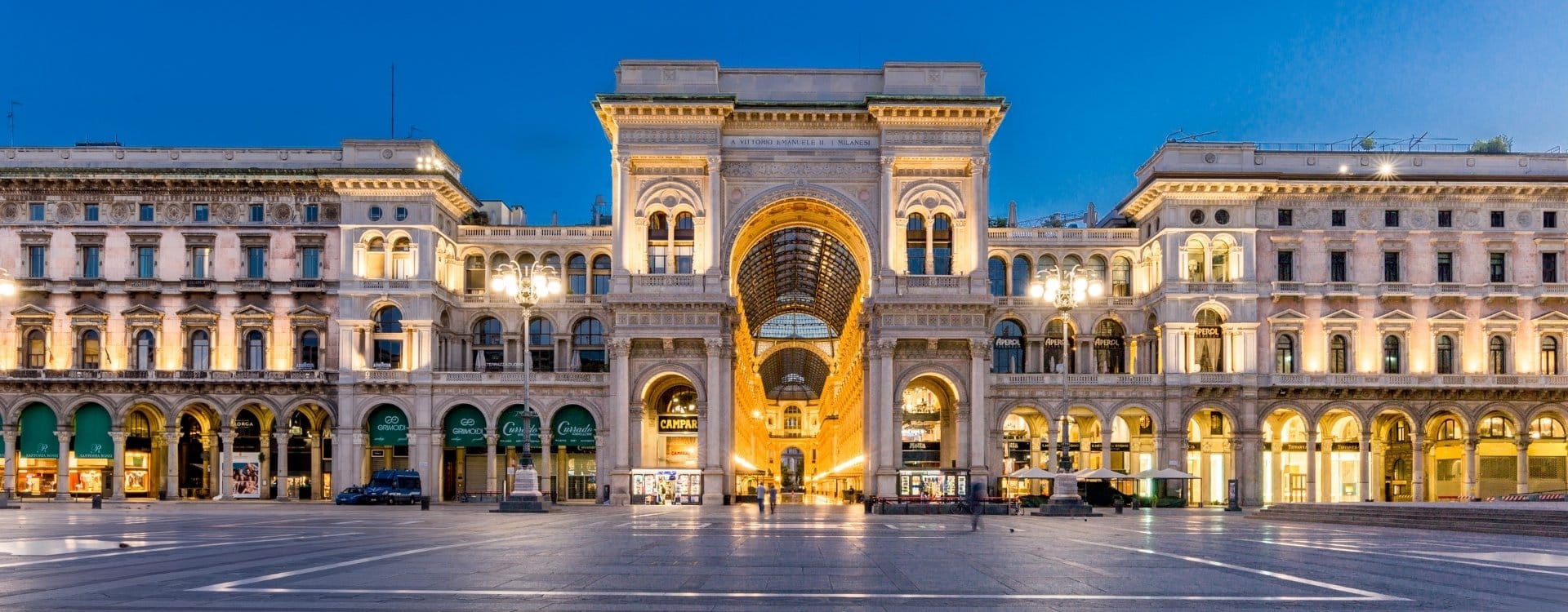
Working Culture in Milan
Milan’s working culture is distinct from Rome’s laid-back approach and is more business-focused and competitive. Hierarchies are respected, though collaboration and teamwork are also valued. The Milanese are known for their strong work ethic and efficiency, with an emphasis on professionalism and attention to detail. Meetings often have formal tones, but Italians also value building strong personal relationships in business, making networking an essential part of Milanese culture.
Compared to other European cities, Milanese workplaces value punctuality and professionalism, similar to cultures in Zurich or Amsterdam. While Milan has a fast-paced atmosphere, work-life balance is respected, and colleagues often socialize over coffee or a glass of wine after work. The traditional Italian lunch break is generally observed, providing a slower mid-day period to recharge.
Networking in Milan
Networking is crucial for career growth in Milan, where personal connections are highly valued. The city offers numerous opportunities to connect with professionals across sectors, from finance to fashion. Many international organizations, including Italian Chamber of Commerce and Young Expats Milan, host regular events that allow newcomers to meet locals and fellow expats.
In the fashion and design sectors, events like Milan Fashion Week and Salone del Mobile are prime opportunities to network. Milan’s co-working spaces and start-up incubators, such as Talent Garden, also host frequent networking events, mirroring the start-up culture seen in cities like Berlin and Barcelona. These events are excellent for making connections, finding mentors, and discovering new job opportunities in Milan’s competitive market.
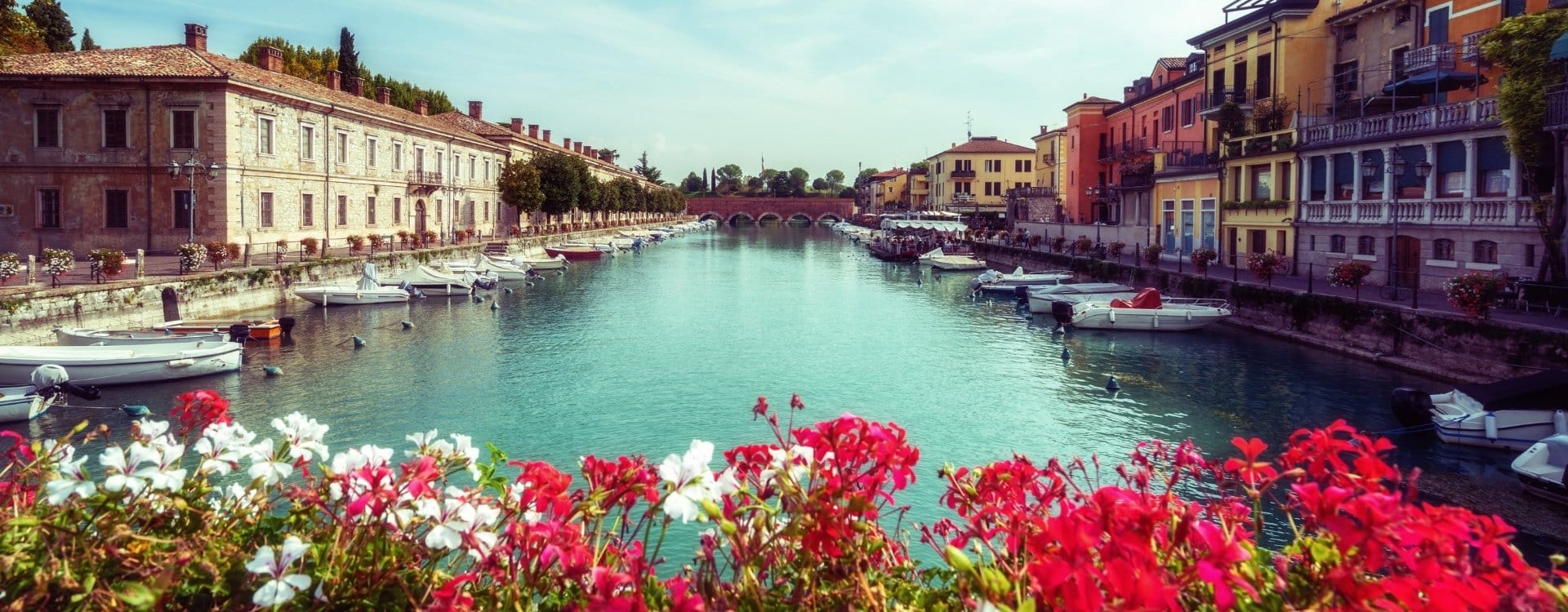
Living in Milan
Benefits of Living and Working in Milan
Living in Milan offers a high quality of life with excellent healthcare, a rich cultural scene, and a central location in Europe. Milan provides access to Italy’s renowned healthcare system, which is available to all residents through public health insurance. The city is a short train ride from beautiful regions such as Lake Como, the Alps, and neighboring Switzerland, making it ideal for expats who enjoy travel.
Milan’s cultural scene is vibrant, with world-class museums, theaters, and music events. Unlike Rome’s slower pace, Milan has a more cosmopolitan atmosphere with a focus on business, innovation, and high fashion. Milan’s efficient public services and accessibility to Europe’s major cities also make it an appealing destination for expats seeking a sophisticated, urban lifestyle.
However, Milan’s fast-paced work environment and higher cost of living may feel challenging for those accustomed to the laid-back culture of Lisbon or Valencia. Many expats, however, appreciate Milan’s cultural opportunities and professional growth potential, which make the adjustment worthwhile.
Accommodation in Milan
Finding accommodation in Milan can be competitive, with prices varying widely depending on the neighborhood. A one-bedroom apartment in central Milan, in areas like Brera or Porta Nuova, averages €1,200 to €1,800 per month, which is similar to rents in Vienna or Barcelona. For more affordable options, expats often look to neighborhoods like Porta Romana or Navigli, where rents range from €800 to €1,200 monthly.
Housing options range from modern apartments to traditional Italian buildings, though centrally located apartments are often compact. Milan has many historic and character-filled neighborhoods, and some companies offer housing stipends, particularly for high-demand positions. Platforms like Immobiliare.it and Idealista are useful for finding apartments, though working with a local real estate agent can also help navigate the competitive market.
Cost of Living in Milan
The cost of living in Milan is higher than the national average, similar to other major cities like Madrid or Munich. Grocery expenses, utilities, and transportation costs are all factors to consider. A monthly grocery budget for a single person typically falls between €250 and €400, while dining out ranges from €15 at a casual trattoria to €50 at a mid-range restaurant.
Public transport in Milan is well-developed and affordable, with monthly metro and bus passes costing around €39. Italy’s VAT is 22%, and while Milan is a relatively expensive city for Italy, it’s still more affordable than Paris or Zurich. With careful budgeting, expats can enjoy Milan’s cultural and culinary scene while maintaining a comfortable standard of living.
Where to Live in Milan
Brera is one of Milan’s most charming neighborhoods, ideal for those who want to live in the city’s cultural heart. Known for its art galleries, boutiques, and cafes, Brera is comparable to Paris’s Le Marais in terms of ambiance and appeal, though rent can be high.
For a trendier vibe, Navigli offers a lively nightlife scene with its iconic canals and is popular among young professionals and creatives. Porta Romana is another excellent choice for expats, offering a mix of local flavor and proximity to the city center at more affordable prices. Isola and Porta Nuova are newer, more modern areas with trendy restaurants, bars, and co-working spaces, attracting those who prefer a modern lifestyle.
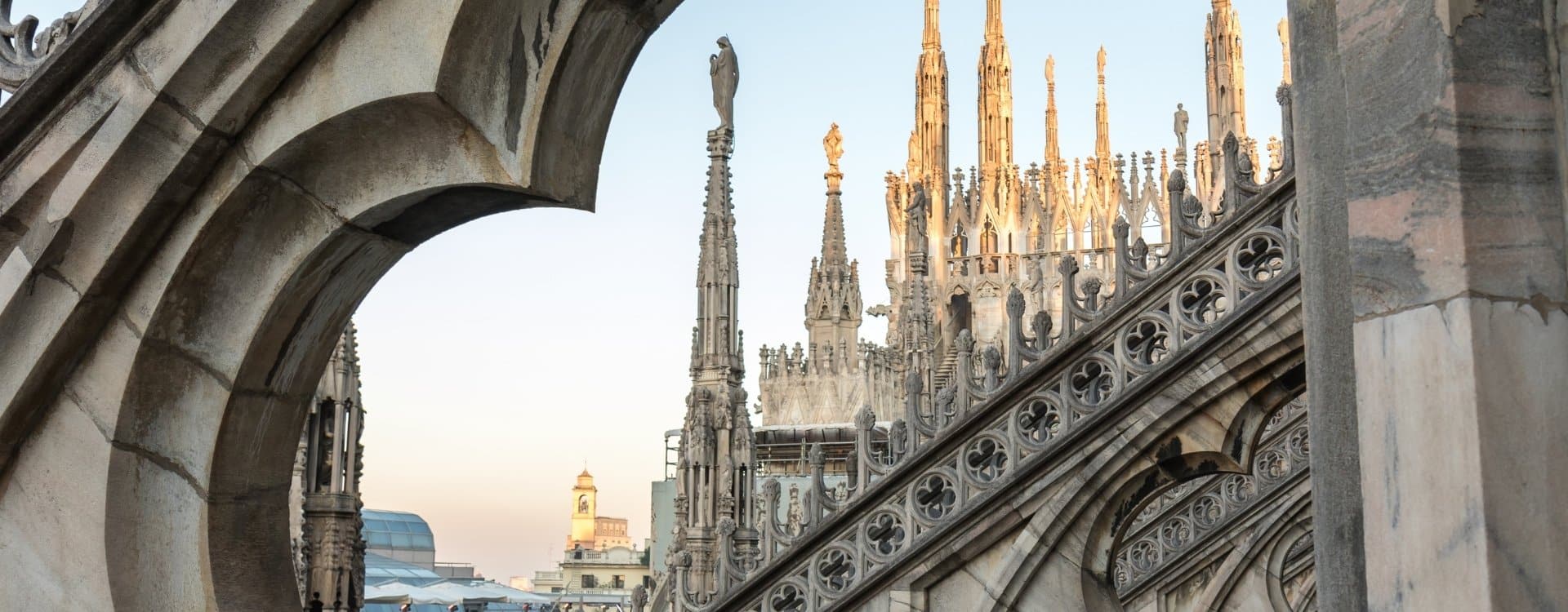
Public Transport in Milan
Milan’s public transportation system is efficient, consisting of buses, trams, and the metro, which is one of the best in Italy. A monthly transport pass costs around €39, making it affordable for daily commuting. Milan’s metro has four main lines that cover most of the city, and an extensive bus and tram network reaches areas not served by the metro.
Compared to Rome, Milan’s public transport is more punctual and reliable, though during peak hours, some lines can get crowded. Milan is also a cycling-friendly city, with a bike-sharing service and dedicated lanes in many areas, making biking a popular option for residents.
Eating in Milan: Restaurants and Food Cost
Milan’s food scene is a culinary delight, offering everything from traditional Italian trattorias to Michelin-starred restaurants. Dining out can range from affordable to high-end, with meals at a casual trattoria costing around €15-€25. Milanese cuisine includes famous dishes like risotto alla Milanese, ossobuco, and cotoletta alla Milanese.
Local markets like Mercato Centrale and Eataly are popular for fresh produce, meats, and specialty foods. Monthly grocery expenses typically range from €250 to €400 per person, though shopping at local markets can help reduce costs. Compared to cities like London or Paris, Milan offers excellent quality food at relatively affordable prices.
Milan’s Nightlife
Milan’s nightlife is sophisticated, with options ranging from classic Italian wine bars to upscale nightclubs. Popular areas like Navigli, Brera, and Porta Garibaldi offer a variety of bars, cafes, and clubs. The aperitivo culture, where bars offer small bites with drinks in the early evening, is a unique aspect of Milan’s social scene and a more relaxed option than nightclubs.
Weekends in Milan are lively, and events like fashion shows, art exhibits, and concerts are frequent. Unlike the casual nightlife in Barcelona or Lisbon, Milan’s scene is more refined, often catering to a professional crowd.
Weather in Milan
Milan has a humid subtropical climate, with hot, humid summers and cold, wet winters. Summer temperatures reach 28-35°C (82-95°F), while winter averages range from 0-10°C (32-50°F). The colder months see frequent rain and fog, especially in November and December. Spring and autumn offer milder temperatures, making it the best time for outdoor activities.
Compared to Rome’s milder winters, Milan experiences more pronounced seasonal changes, with winter occasionally bringing snow. Expats moving to Milan should prepare for both hot summers and chilly winters.
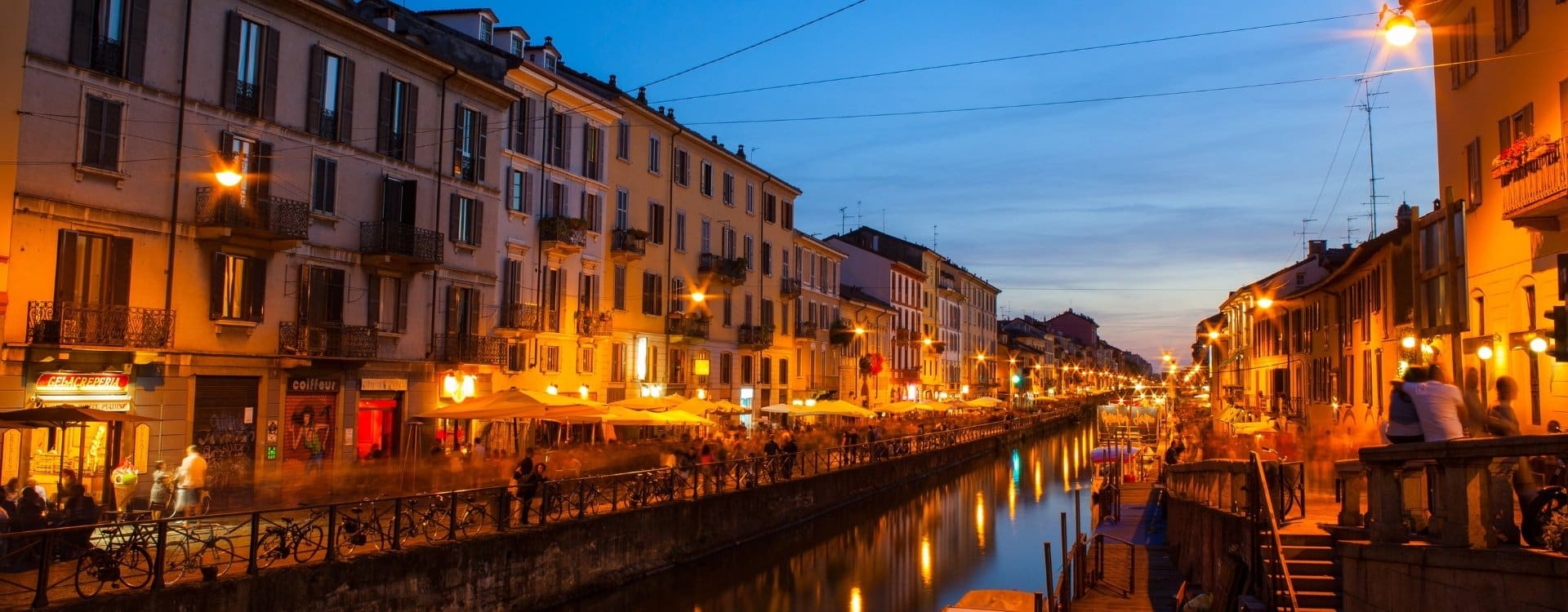
Milan’s Nature and Outdoor Activities
While Milan is a bustling urban center, it’s close to scenic escapes like Lake Como, Lake Maggiore, and the Alps, all within an hour’s reach. These destinations offer skiing, hiking, and other outdoor activities, ideal for weekend getaways. Within the city, parks such as Parco Sempione and the Gardens of Porta Venezia provide green spaces for relaxation and picnics.
For those who enjoy the outdoors, Milan’s central location makes it easy to explore Italy’s natural beauty while living in a modern, cosmopolitan city.
What Not to Miss in Milan
Milan is home to some of Italy’s most iconic cultural landmarks, including the Duomo di Milano, Sforza Castle, and Leonardo da Vinci’s Last Supper. These sites are must-sees for both residents and visitors. La Scala opera house and the annual Salone del Mobile furniture fair also attract visitors from around the world, highlighting Milan’s influence in arts and design.
Each neighborhood has its own charm, from the historic center to modern districts, offering an array of museums, galleries, and stylish cafes. The blend of history and contemporary culture makes Milan a dynamic place to live, combining Italy’s traditional charm with a cosmopolitan lifestyle.


